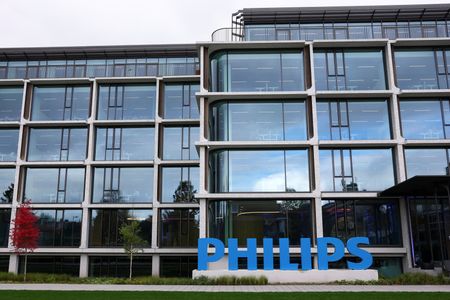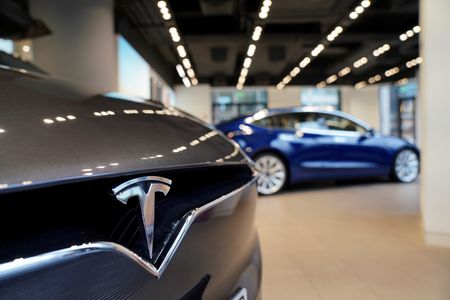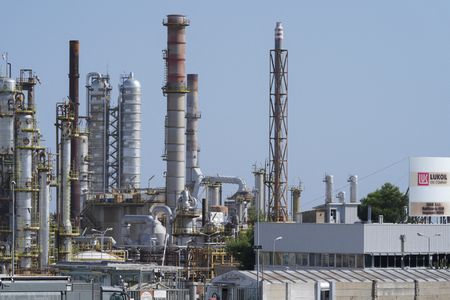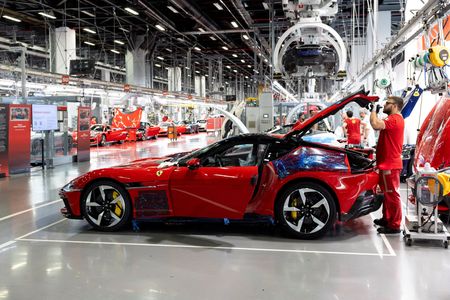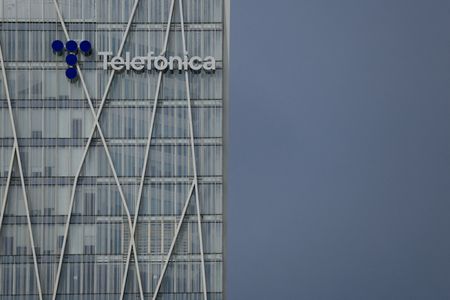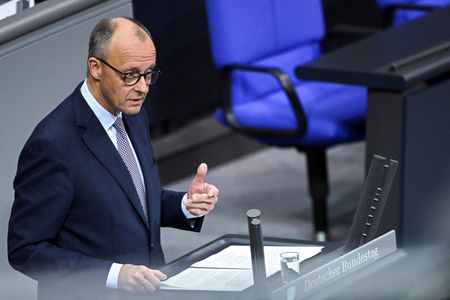By Leo Marchandon
(Reuters) -Dutch medical technology company Philips reported third-quarter profit above market expectations, helped by measures to mitigate the impact of tariffs and the launch of artificial intelligence tools.
Adjusted earnings before interest, tax and amortisation (EBITA) came in at 531 million euros, surpassing the 484 million expected by analysts.
Its sales grew 3%, matching analysts expectations at 4.3 billion euros ($5.0 billion), driven by a strong performance in North America.
CEO WARNS TARIFFS DIVERT FUNDS FROM PATIENT CARE
Philips, which makes most of its revenue in the United States, flagged a lower-than expected impact from U.S. tariffs.
CEO Roy Jakobs said in a call with reporters that the performance reflected investments in its supply chain to mitigate tariff impacts in the United States and China.
“At the same time, we keep advocating that actually every dollar, euro, RMB spent on tariffs is not spent on patients. And actually healthcare is under enough pressure that they don’t need additional pressure from tariffs,” he added.
Jakobs brushed off concerns regarding Nexperia, saying Philips does not use their chips.
The chipmaker sparked Netherlands-China tensions when the Dutch government seized control in September.
Philips reiterated its full year sales and earnings guidance.
PATIENT DATA FUELS ARTIFICIAL INTELLIGENCE DEVELOPMENT
Philips is racing to develop AI-powered medical tools in patient monitoring, scanner and imagery, and diagnosis assistance.
From January to September 2025, Philips spent 1.23 billion euros on R&D.
Jakobs said that all its recent products featured AI and the company develops its own medical-tailored models using patient and customer data.
($1 = 0.8575 euros)
(Reporting by Leo Marchandon in Gdansk, editing by Milla Nissi-Prussak and Matt Scuffham)

